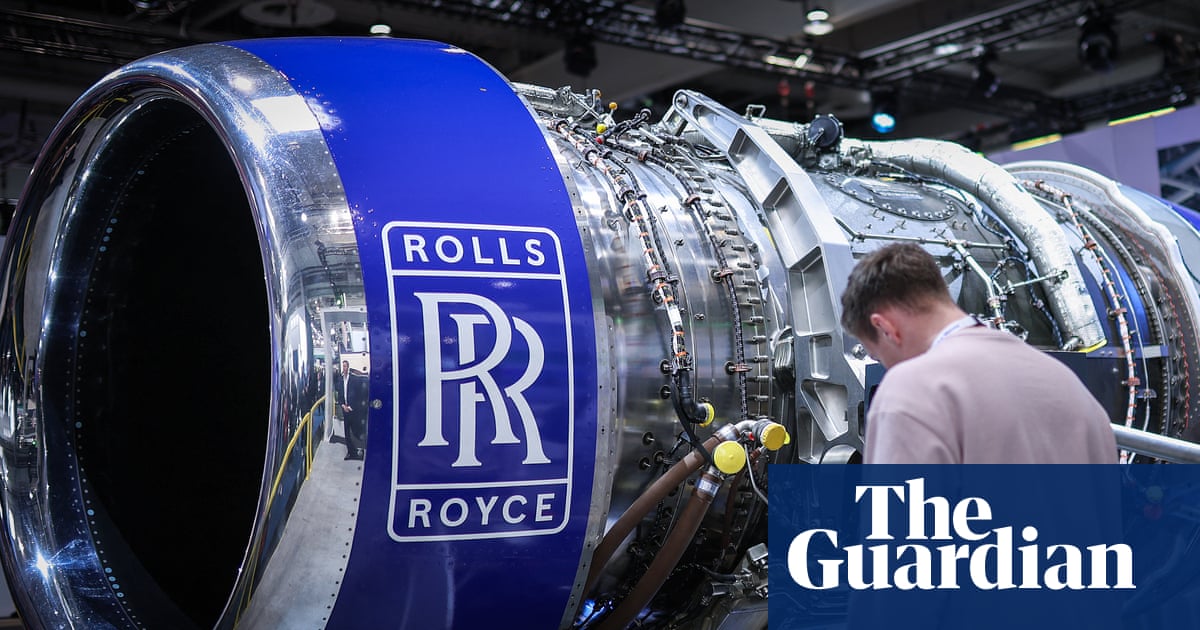British plane parts are set to be exempted from US import tariffs as part of the evolving trade agreement with Donald Trump’s administration, it has been reported.
US commerce secretary Howard Lutnick has said that engines fromRolls-Royceand similar plane parts would be able to enter the US market without tariffs, as part of a trade deal with the UK announced last week.
However, there were no references to the exemption in a five-page document released in the aftermath of thedeal’s announcementon Thursday setting out the terms of the “economic prosperity deal” and final details are still to be hammered out.
The UK businesses secretary, Jonathan Reynolds, told the Sunday Times that the wider aerospace industry would have “a specific guarantee of zero tariffs” in the agreement.
Such a deal would provide certainty to a £40bn sector, which supports 450,000 jobs in the UK.
The deal would also be important to the US.Boeingimports Rolls-Royce engines for its commercial airliners, and repair and maintenance facilities based in the US also require a regular flow of parts.
Lutnick said on Thursday that an unnamed UK company would buy Boeing planes worth $10bn (£7.5bn). On Friday, British Airways owner IAGconfirmedit was buying the planes.
The hoped-for deal on aerospace trade comes after theUS-UK dealoffered relief to the car and steel industries, amid fears of hefty job losses.
Although some of the terms are still unclear, the deal is likely tobring car tariffs downfrom 27.5% to 10% on at least 100,000 vehicles a year and steel tariffs to zero.
Peter Mandelson, Britain’s ambassador to the US,said the agreement on UK car exports to the US had immediately prevented job losses at Jaguar Land Rover’s plant in the West Midlands.
Reynolds and the prime minister, Keir Starmer, have both indicated that the UK is also hoping to raise the quota on British-made cars beyond the initial 100,000 agreed as part of the final deal, as it threatens to act as a cap on exports.
Sign up toBusiness Today
Get set for the working day – we'll point you to all the business news and analysis you need every morning
after newsletter promotion
The hoped-for aerospace agreement comes after the US kicked off an investigation on 1 May into whether imported aircraft, jet engines and parts represent a threat to national security.
Its examination into the risks of “the concentration of US imports” on a small number of suppliers and the “the impact of foreign government subsidies and predatory trade practices” was expected to pave the way for higher tariffs.
However, the aerospace and aviation industry has been lobbying the White House to retain a 45-year-old treaty that allowed aircraft and parts to largely be traded duty-free across borders.
The department for business and trade has been approached for comment.
